However, although she decided she wanted her business to have strong ties to the natural world, it took a while for Val to land on beauty.
We could have had cheaper formulas and an easier image for mainstream shoppers to buy [into], but we wanted something different
“I didn’t think about beauty at first, because I felt so far [removed] from the beauty industry. I was working with beauty companies but I didn’t connect with any brands.”
It was only when she met her co-founder, now chief executive officer, Gabriela Salord, that she spotted a niche. “We understood that the purest thing you can get from a plant is an oil, so I thought OK, let’s make an oil for the body, and see what happens.”

Five years on, Val and Salord have built a business, Rowse, around not only a deceptively simple ethos – to use seasonal plants to address skincare concerns and enhance self-care – but also Val’s distinctive creative vision.
Below, Val recalls her entrepreneurial journey and gives advice to aspiring founders in the beauty space.
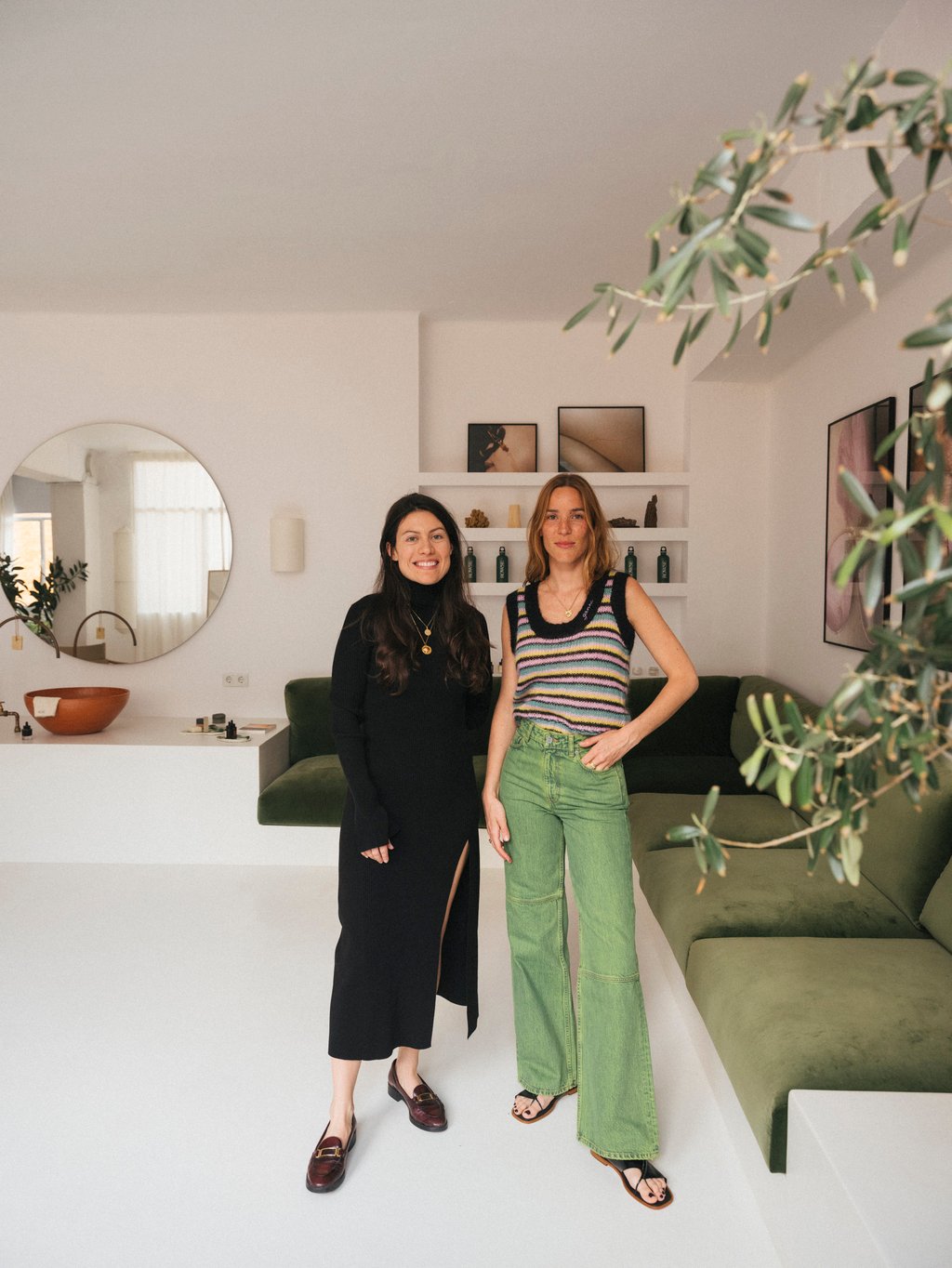
Take me back: how did you meet your co-founder?
We met in fashion week, in Paris, through our friend. They had a vision that we had to meet and do something together, and we became partners from that day.
She was working for a [venture capital] company investing in sustainable brands, but we didn’t have experience in launching a company.
We launched the winter body oil, and Gabriela and I agreed that if we sold one product to someone other than our families, we’d leave everything and focus on this project.
For the first two years, because I was travelling and then it was [the coronavirus pandemic], we saw each other maybe five times. But we were spending eight hours a day talking, with her going to the lab and me taking photos.
The trust was difficult to explain. Rowse is so strong in its image and values because she trusted me to develop it.
We could have had cheaper formulas and an easier image for mainstream shoppers to buy [into], but we wanted something different and it’s been an adventure – we have a really strong relationship.
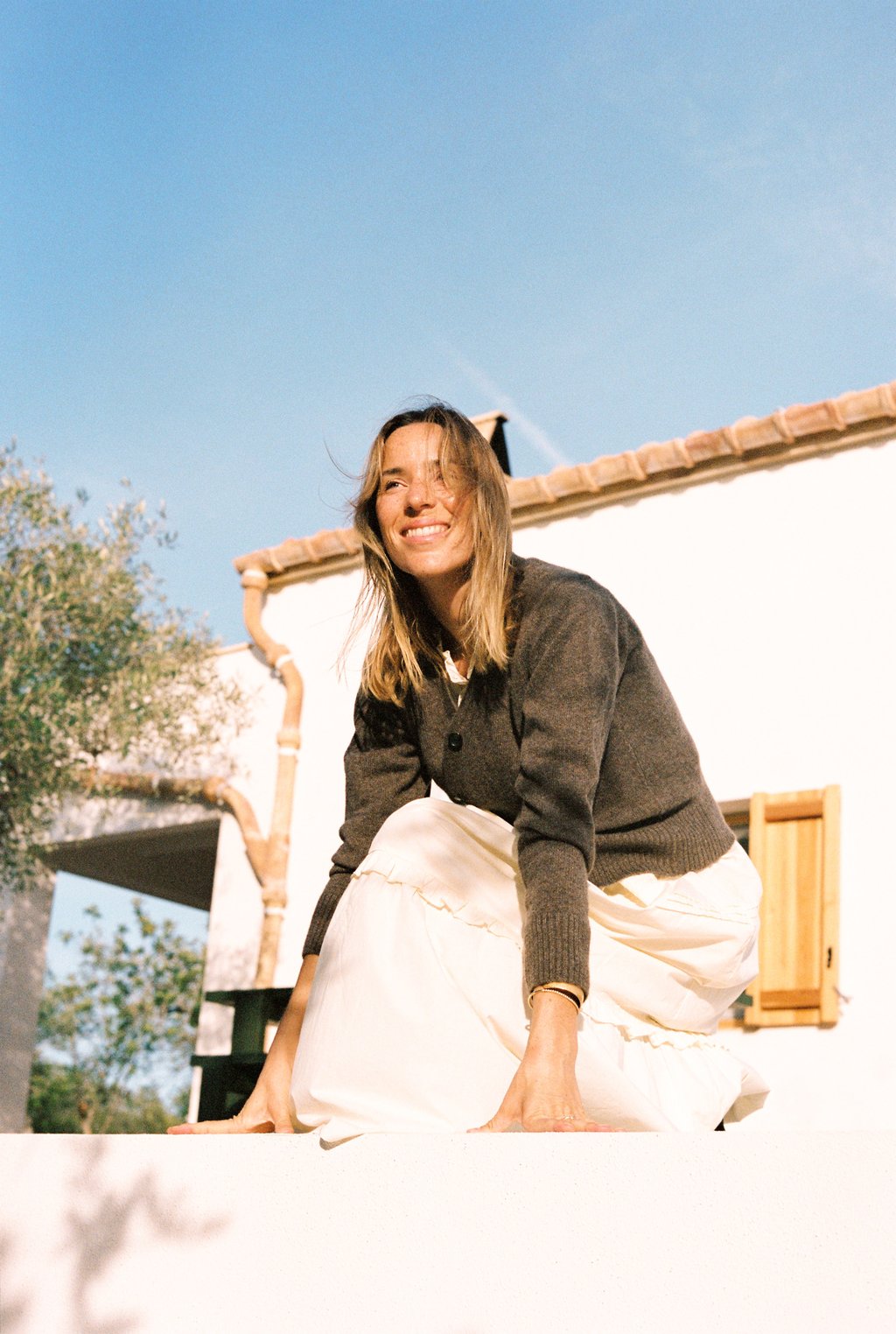
How did you and Gabriela figure out what you wanted to achieve with Rowse?
We didn’t have any references from the beauty industry when it came to creating something natural that actually works.
We spent the first year developing and creating the idea behind the brand: I was taking the photos, and creating a mood board of what we wanted to do. Then we understood that you could use seasonal plants to take care of the skin, according to the season, as you do in the food industry.
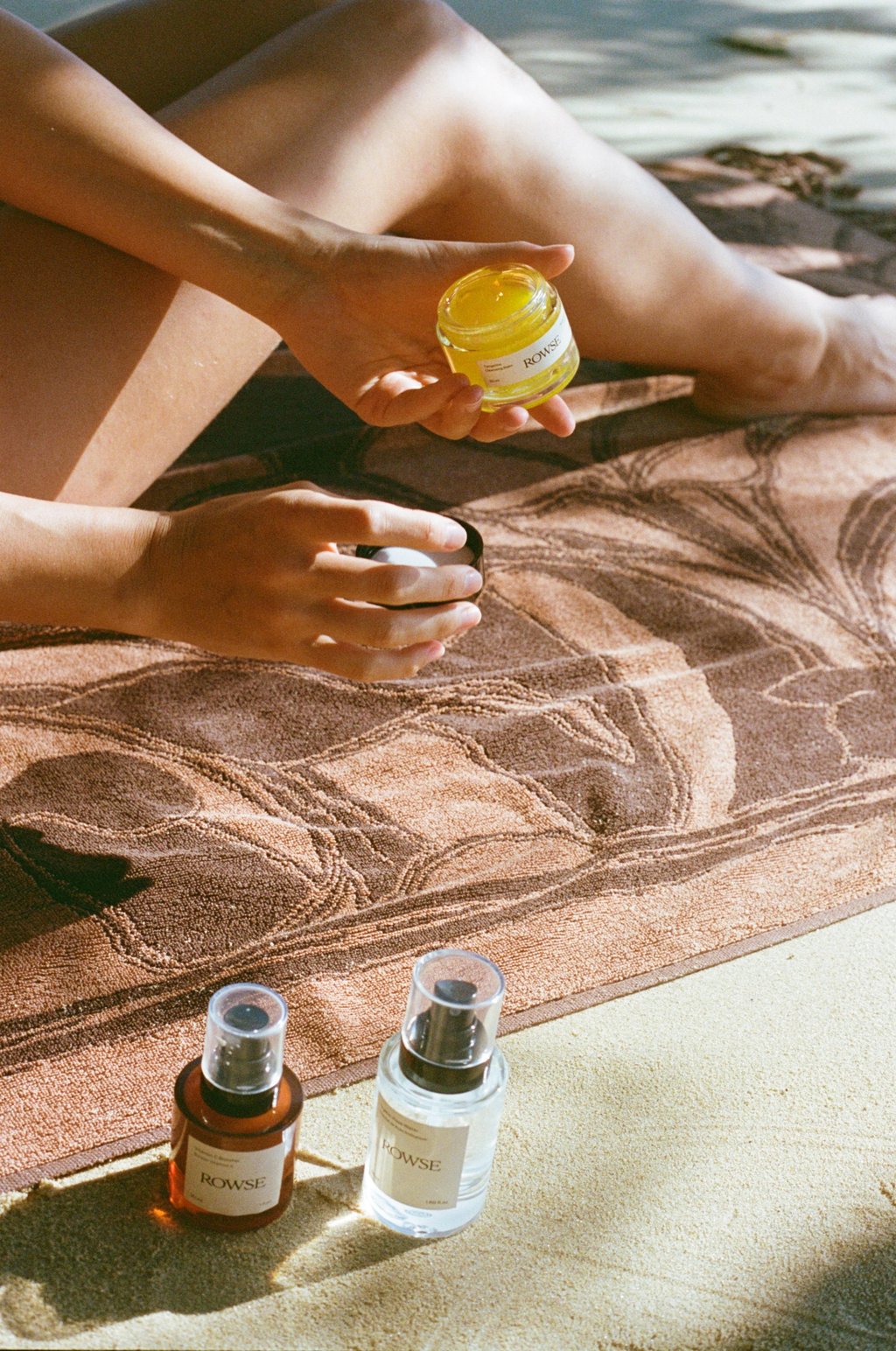
We launched the winter body oil, and Gabriela and I agreed that if we sold one product to someone other than our families, we’d leave everything and focus on this project.
We made 2,000 units because that was the minimum, and within the first year we sold 200 or something like that [laughs]. But we were so committed.
When you create something meaningful, people appear to help and motivate you to keep going. It’s really hard, but at the same time it’s so nice.
I sometimes feel a kind of nostalgia for the beginning, because now you have a team and way more pressure. I was carrying all the products in my backpack and taking photos everywhere while travelling for other brands. It was a very spontaneous period.
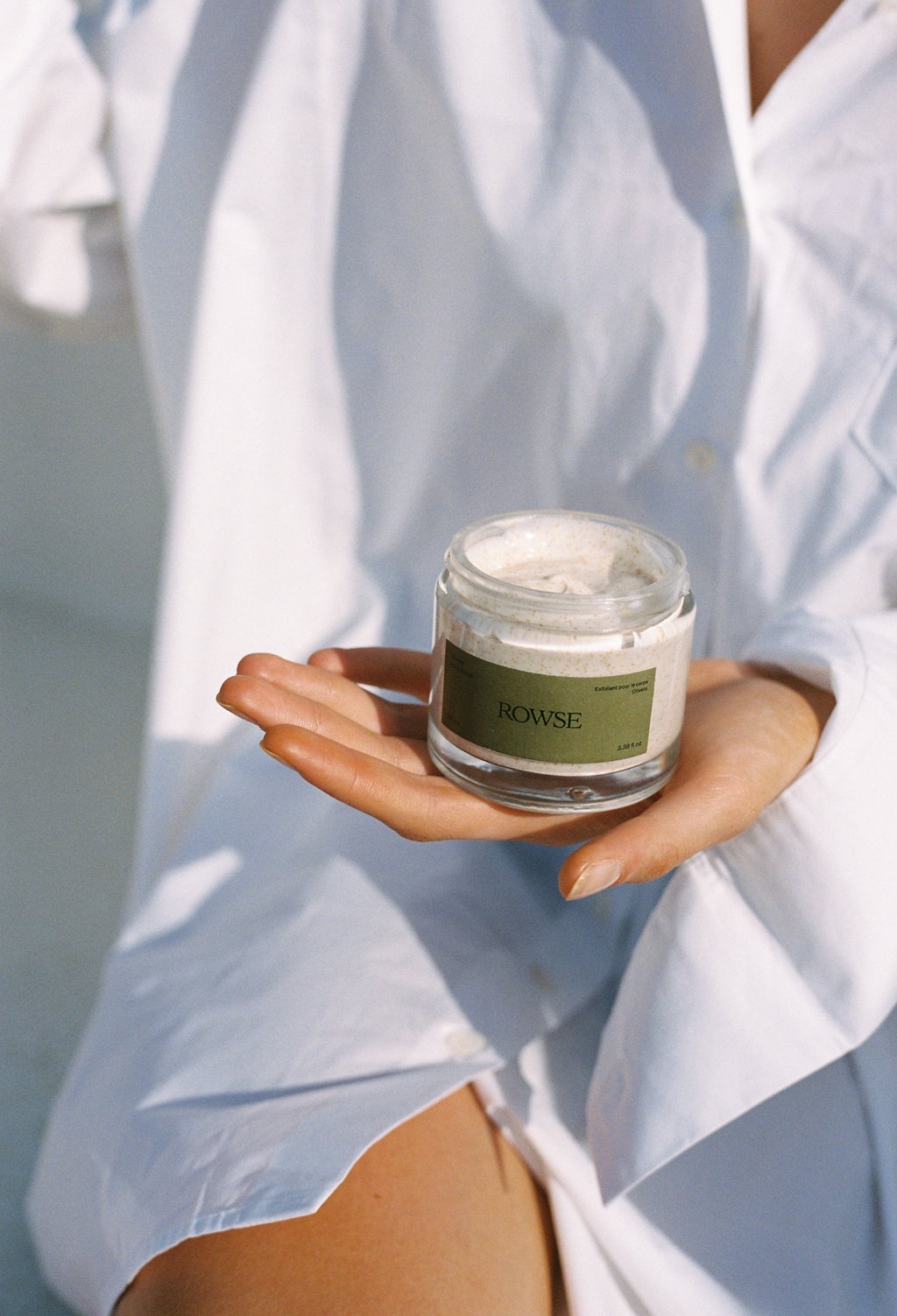
Was there a moment when you knew you were on to something?
The day we launched, we got a call from a big beauty company that was interested in being part of it.
We knew we had something big, because of this interest from investors and beauty companies. But we wanted to find our own way, so we didn’t want an investor.
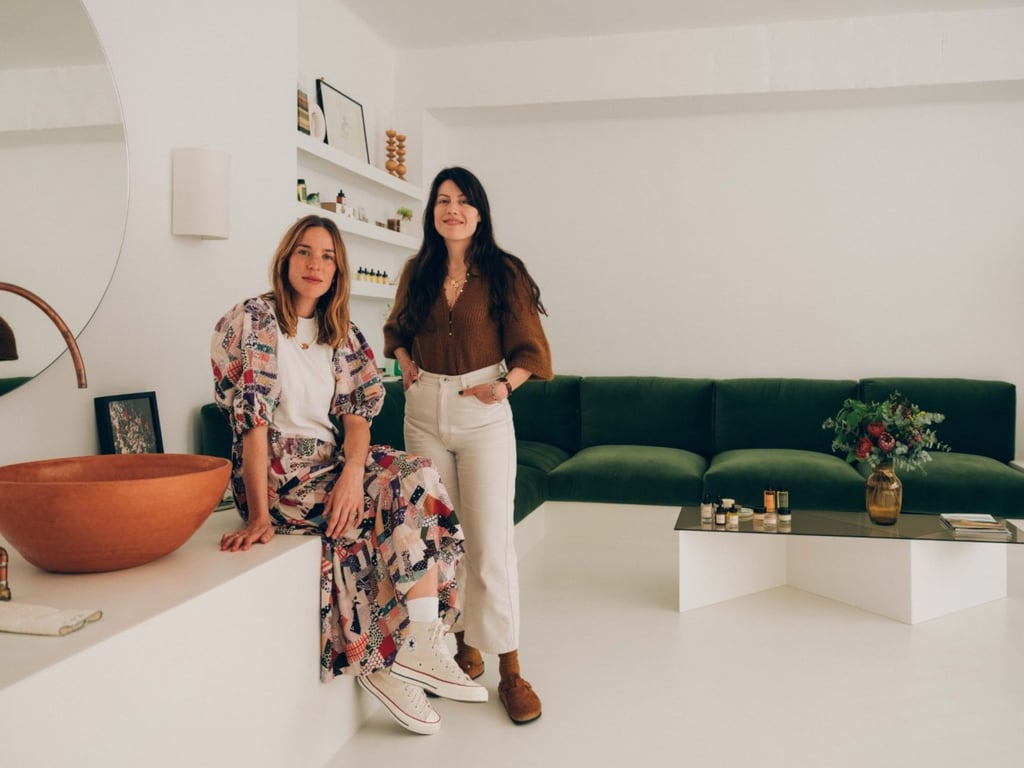
They couldn’t find anything simple they could trust, and that was our main consumer in the beginning. It was the first step.
What does a typical day look like now?
It’s still a small company, so my co-founder and I pretty much work on everything. The creative direction and image of the brand is on my side, but I’m still part of product development and it’s really interesting to me.
A typical day right now consists of developing new products, making the Christmas campaign, and we’re working on creative direction for the new colours of Lip and Cheek.
Also, what we want to do next year is a tour of pop-ups in key cities – so we’re planning those as well, looking for partners and thinking about how to approach it.
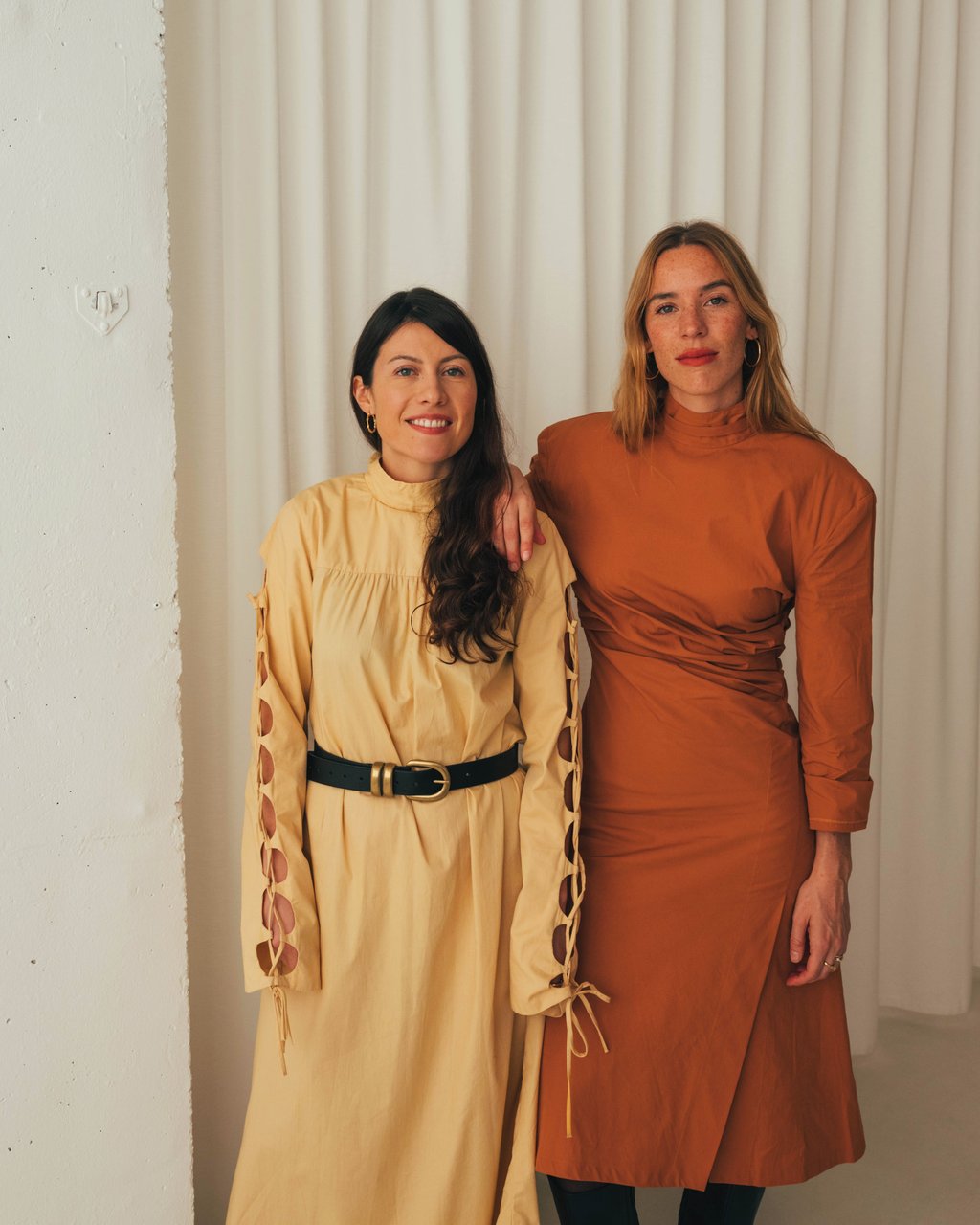
If you could go back in time and give yourself a piece of advice, what would you say?
To start something, you have to really trust in it. I see so many opportunistic brands that launch because they think it’s a trend. You need to feel proud of it.
It takes a bit longer but we’ve things we really believe in, and we’ve kept the same values since the beginning. It helps you create something that will stay for a long time.
Having a company can be so consuming and it can affect your family and friendships; separating business from the rest of your life is important
Lastly, my advice would be that you have to take this as a job, because at the beginning it was so, so personal. We had to understand that it’s a job for not just you but the people working for you.
Having a company can be so consuming and it can affect your family and friendships; separating business from the rest of your life is important, and it was difficult for us at the beginning.
It still is, but because we both became mums, we understood that there are things that are more important.
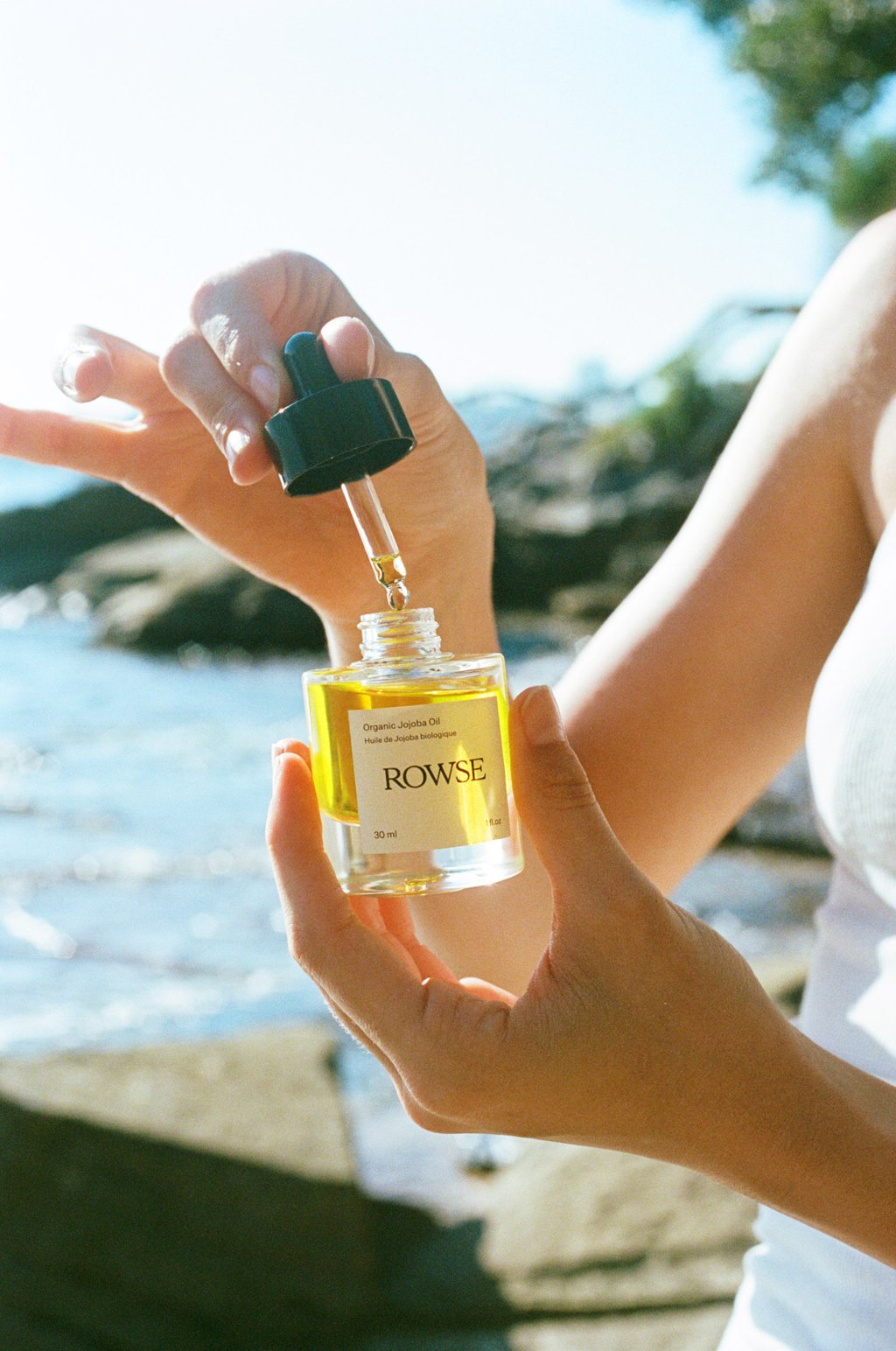
What are your goals for the brand?
We challenge ourselves to create amenities, which is very difficult because we are fighting against other brands’ margins. But hotels are choosing us, because they believe in the product, and we’re in 10 hotels now.
In 10 years, I’d love to put all this lifestyle and beauty and wellness together and have our own hotel and spa, to have people go there and enjoy the whole experience of what Rowse means to us.
I don’t see Rowse as a skincare brand – it’s a lifestyle.

